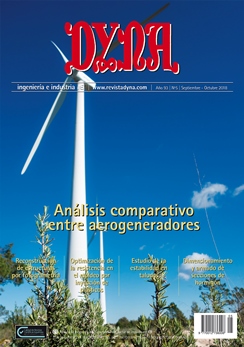IMPACT OF INTER-ORGANIZATIONAL MENTORING ON THE QUALITY OF THE PROCESS AND PERFORMANCE OF ORGANIZATIONS
Keywords:
Mentoring alternativo, mentoring formal, mentoring inter-organizacional, matching, relación de mentoring y desarrollo de carrera.Abstract
Alternative mentoring is an emerging practice in the professional development of engineers and, lately, in engineering professional associations. Traditional mentoring takes place within the same organization and it is based on a systematic relationship between a mentor (a professional that holds a high rank and experience in the company) and a mentee (a junior professional that belongs to the same organization). Through this relationship the mentee acquires knowledge, competences and values that promote more effective professional development. In parallel to traditional mentoring, new alternative mentoring practices -individual, group or mixed- are being used more and more. These new practices take place in an environment outside the mentor´s or mentee´s organization. The goal of this article is, firstly, to demonstrate through exploratory empirical evidence the advantages of alternative mentoring vs. traditional mentoring, secondly, to identify the factors that, according to engineers, a quality alternative mentoring process has to provide, and finally, to detail those results that this type of human resource development technique can bring to the organizations in which the mentees work.Downloads
Published
2018-09-01
Issue
Section
ARTICULOS

